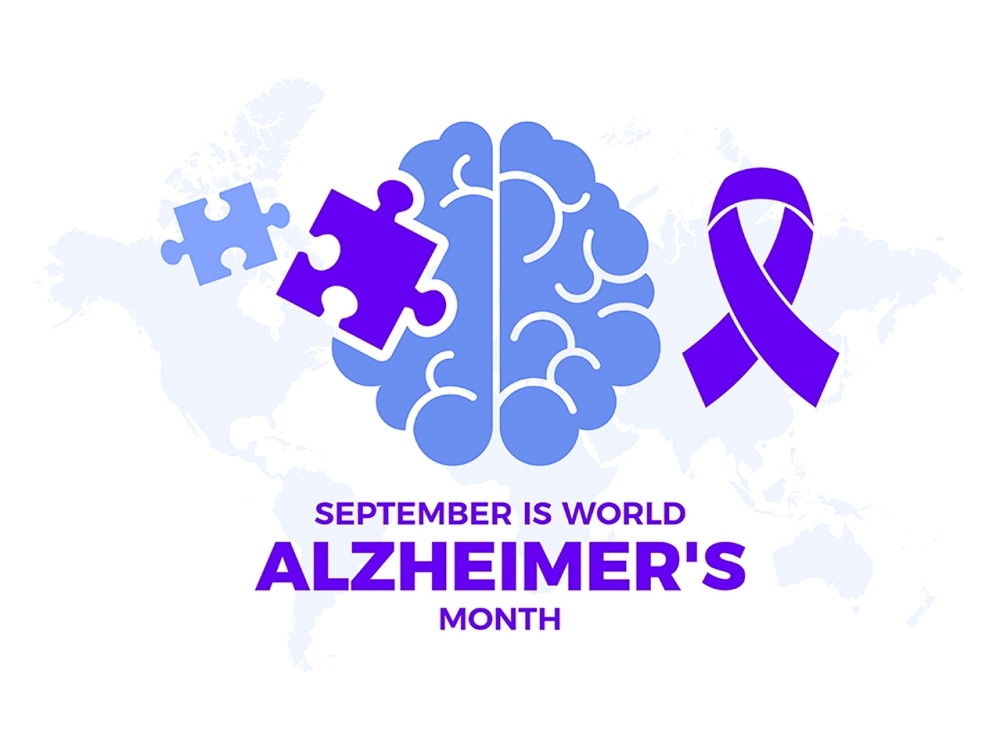

MUSCAT: By 2050, Oman is projected to have 124,803 people living with dementia. This September, as part of World Alzheimer’s Month, Alzheimer’s Disease International (ADI) and the Oman Alzheimer’s Society are calling for heightened awareness and a stronger response to the stigma and discrimination surrounding dementia. With an estimated 15,000 individuals currently affected by dementia in Oman, the urgency to better understand and address this condition is growing.
Globally, a startling 75 per cent of people living with dementia remain undiagnosed. According to Dr Hamed Al Sinawi, Chairman of the Oman Alzheimer’s Society, stigma and misinformation often prevent individuals from seeking timely diagnosis and care. He emphasizes that 85 per cent of people diagnosed with dementia in Oman lack access to post-diagnostic support, which could significantly improve their quality of life and extend their independence.
Timely diagnosis, combined with appropriate post-diagnostic care, can enable individuals to live well with dementia for longer. Yet, attitudes towards dementia continue to pose challenges.
Dr Sinawi highlights the need to overcome the belief that dementia is merely a part of normal aging, which leads to delays in seeking professional help. Recent research underscores the importance of early diagnosis, giving patients and caregivers the opportunity to access services and treatments that can slow symptom progression.
ADI and the Oman Alzheimer’s Society are urging governments, communities, and individuals to act swiftly in combating the stigma surrounding dementia. While 39 countries have developed National Dementia Plans, many remain inadequate, lacking comprehensive strategies to support those living with the condition.
Alarmingly, 155 of the 194 World Health Organization Member States that pledged action in 2017 have yet to implement a plan. ADI stresses the need for robust public awareness campaigns and inclusive community initiatives that challenge discrimination and promote understanding.
Globally, dementia is the seventh leading cause of death, and every three seconds, someone develops the condition. With over 55 million people currently living with dementia worldwide, this number is expected to rise to 78 million in just five years, and to 139 million by 2050. These increases bring a significant economic burden; the current annual global cost of dementia is estimated at $1.3 trillion, projected to double to $2.8 trillion by 2030.
Paola Barbarino, CEO of ADI, stresses that low awareness levels, coupled with stigma and misinformation, remain major barriers to addressing dementia. “Timely diagnosis is crucial,” she says, “yet 85 per cent of those living with dementia are not receiving the post-diagnostic support they need. Governments must prioritize dementia awareness alongside other public health initiatives, such as diabetes and cardiovascular disease prevention.”
Dr Sinawi emphasises the need for national policies to promote early intervention. He notes that every moment spent raising awareness about dementia contributes to improving outcomes for those affected. Addressing the condition now can help reduce the significant human and economic toll expected in the years to come.
Oman Observer is now on the WhatsApp channel. Click here



